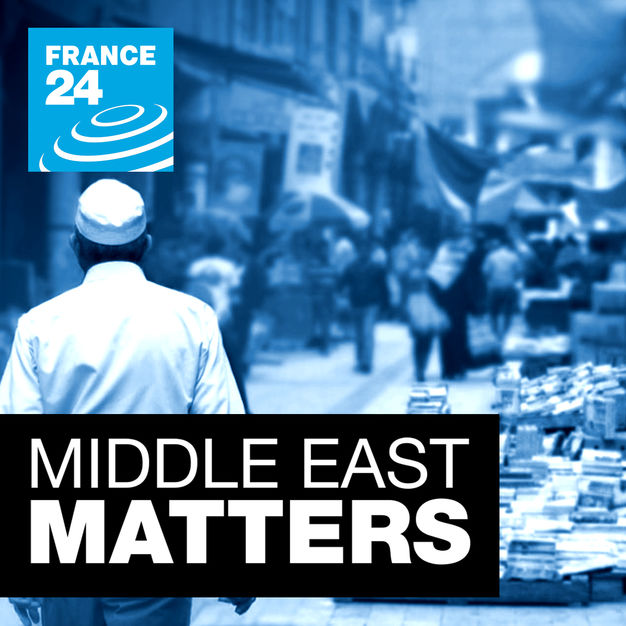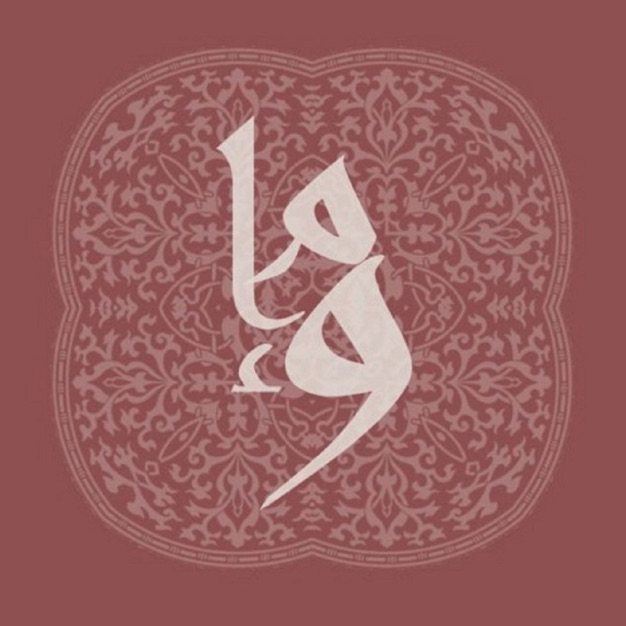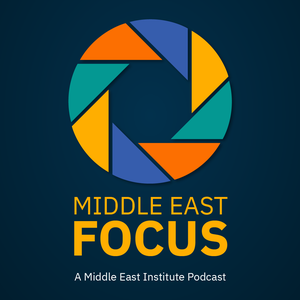
Middle East matters
Political and social events from the Middle East, with exclusive reports and interviews. Tuesday at 5.45 pm Paris time.
- 12 minutes 59 secondsIsrael, Lebanon, Turkey: Reports from our correspondents
For this final edition of Middle East Matters, we bring you a series of reports from our correspondents in the region. We begin in Israel, where as the war in Gaza drags on, divisions in Israeli society are growing more stark. Immediately after the attacks of October 7, the vast majority of people supported the government's decision to pursue Hamas aggressively. But a growing, vocal minority argues the government's strategy is not working – particularly when it comes to rescuing the Israeli hostages. Our correspondent Claire Duhamel reports.
7 February 2024, 11:49 am - 12 minutes 48 secondsAllegations against UNRWA: Future of biggest Gaza aid provider in jeopardy
Around a dozen donor countries are freezing funding to UNRWA, the UN's agency for Palestinian refugees, after Israel alleged that 12 UN staffers took part in the October 7 Hamas attacks. The UN has fired the employees in question and promised a full investigation. The budget cuts come at a profoundly challenging time. A quarter of the population of Gaza is starving, and UNRWA is the biggest aid provider in the enclave. Unless funding resumes, the agency says it will have to stop its operations in the coming weeks. We take a closer look and speak to Johann Soufi, who ran UNRWA's legal department from 2020 until last year.
31 January 2024, 10:49 am - 12 minutes 32 secondsAttacks in the Red Sea: After US-UK strikes, what next for Yemen?
From Lebanon to Iraq and Syria, the ripple effects of the war between Israel and Hamas are being felt, but nowhere more so than Yemen. For months now, Houthi rebels there have been firing missiles at cargo ships in the Red Sea, prompting the US and UK to bomb targets inside Yemen this past weekend. FRANCE 24 spoke to Dr Elisabeth Kendall, a Yemen specialist at the University of Cambridge.
17 January 2024, 11:24 am - 12 minutes 35 secondsWith case filed to ICJ, South Africa accuses Israel of genocide in Gaza
The International Court of Justice is to hold hearings this week on a case brought by South Africa, accusing Israel of genocide in Gaza and seeking a halt to its military campaign. Israel has described the allegations against it as "baseless" and intended to stir up lethal hatred of Jews. FRANCE 24's Shirli Sitbon tells us more about South Africa's decision to file the case, the Israeli response and what's likely to happen at the hearings.
10 January 2024, 11:43 am - 13 minutes 8 secondsFallout from Israel-Hamas war: What's behind Houthi attacks in Red Sea?
In this edition, we look at the ripple effects of the war in Gaza. In the Red Sea, Houthi rebels from Yemen are stepping up their attacks on vessels in the vital shipping lane, saying they're doing so in protest at Israel's actions in Gaza, even though many of the ships in question are not Israeli-owned. Might that lead to a wider conflict? We speak to Abdul Ghani Al-iryani, senior researcher at the Sana'a Center for Strategic Studies.
13 December 2023, 12:26 pm - 12 minutes 23 secondsSultan al-Jaber under fire: COP28 president accused of conflict of interest
He's claiming that his remarks were "misinterpreted". The Emirati oil executive leading the COP28 climate conference in Dubai has come out fighting after widespread criticism of his suggestion that there was "no science" indicating that a phase-out of fossil fuels was needed to contain global warming. A controversial choice as president, Sultan al-Jaber argues he's "uniquely placed" to persuade the industry to buy into a green energy future. We take a closer look.
6 December 2023, 1:09 pm - 11 minutes 30 secondsIsraeli hostages released: More details of their captivity emerge
This week, we are starting to learn more about the conditions of the mainly Israeli hostages held in Gaza. Those who have been released tell different stories: some received medical attention, while others were denied it. Many were held in the dark, with little food. What is clear is that all the hostages suffered a massive ordeal; we take a closer look. Plus, FRANCE 24's Wassim Nasr tells us why those released so far are only women and children.
29 November 2023, 9:50 am - 12 minutes 59 secondsWest Bank forgotten? Settler violence against Palestinians grows as war continues
The world's eyes are on Gaza at the moment, and rightly so. But violence is also continuing in the occupied West Bank. Even before the October 7 Hamas attacks, 2023 was already the deadliest year for Palestinians there in two decades. Now, violent confrontations are happening almost every day. Israel says it is trying to stamp out militant groups in the West Bank, but civilians are being killed. For more, we speak to Tahani Mustafa, a Palestine analyst at the International Crisis Group.
22 November 2023, 10:19 am - 12 minutes 46 secondsBuilding bridges: Palestinians and Israelis fight for peace amid war
As the war between Israel and Hamas rages on, violence is also on the rise in the occupied West Bank, fuelling tensions and creating divides amongst the Jews and Arabs living side by side in the region. While some continue to perpetuate the violence that splits communities, others are trying to build bridges between Palestinians and Israelis despite the anger and loss on both sides. For more, we're joined from Tel Aviv by Rula Daood and Nadav Shofet, from Standing Together, an Israeli grassroots movement aimed at building a just and equal society.
15 November 2023, 2:51 pm - 12 minutes 21 secondsSpecial edition: Israel-Hamas war, one month on
We bring you a special edition of Middle East Matters, one month after the start of the Israel-Hamas war. On October 7, 1,400 people were killed in the unprecedented Hamas attacks; the largest loss of Jewish life in a single day since the Holocaust. A month on, Israelis are still reeling, none more so than the families of hostages still held in Gaza, as our team on the ground reports. Meanwhile, amid intensifying Israeli bombardments on Gaza, the UN says the enclave is becoming a "graveyard for children". At least 10,000 Palestinians have been killed there, including more than 4,000 infants. For more on the dire humanitarian situation, we speak to Juliette Touma from UNRWA, the UN agency for Palestinian refugees.
8 November 2023, 10:18 am - 11 minutes 36 secondsIsrael's strategic challenge: Will ground invasion succeed against Hamas?
In this special edition, we take a closer look at the military strategy behind Israel's ground offensive in Gaza. Can Hamas truly be defeated?
1 November 2023, 10:14 am - More Episodes? Get the App
Your feedback is valuable to us. Should you encounter any bugs, glitches, lack of functionality or other problems, please email us on [email protected] or join Moon.FM Telegram Group where you can talk directly to the dev team who are happy to answer any queries.
 Middle East Weekly
Middle East Weekly
 History of the Modern Middle East
History of the Modern Middle East
 LSE Middle East Centre Podcasts
LSE Middle East Centre Podcasts
 Middle East Focus
Middle East Focus
 Middle East - Audio
Middle East - Audio
 Middle East Centre
Middle East Centre